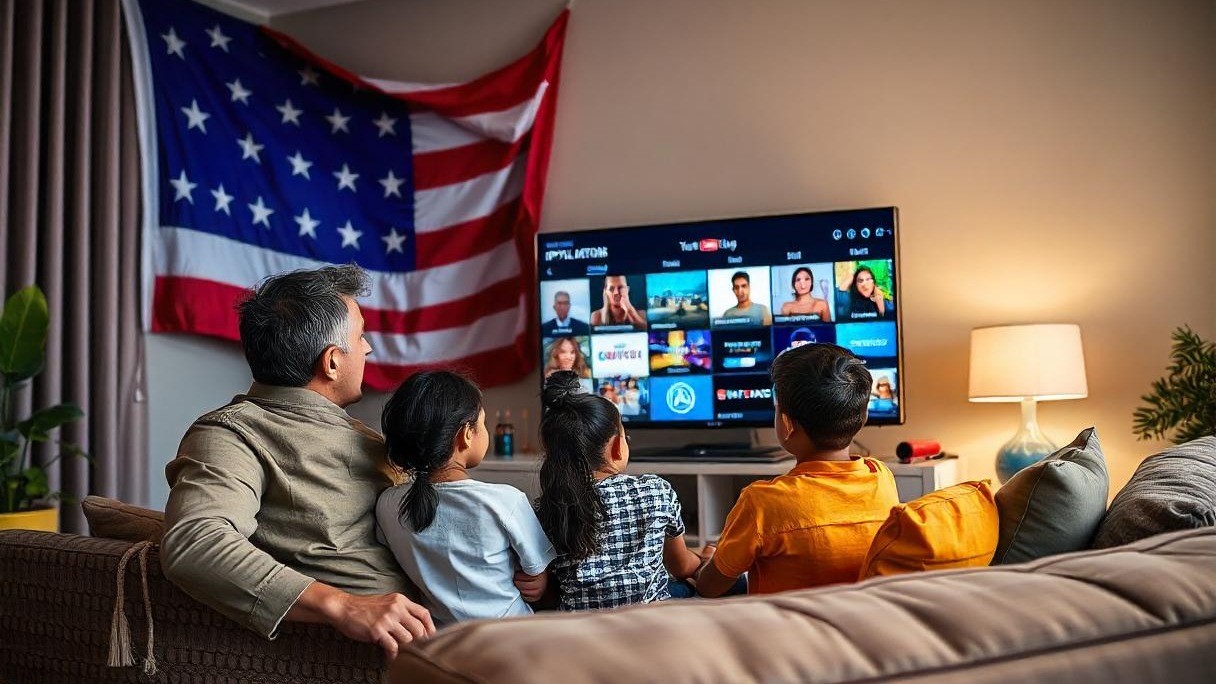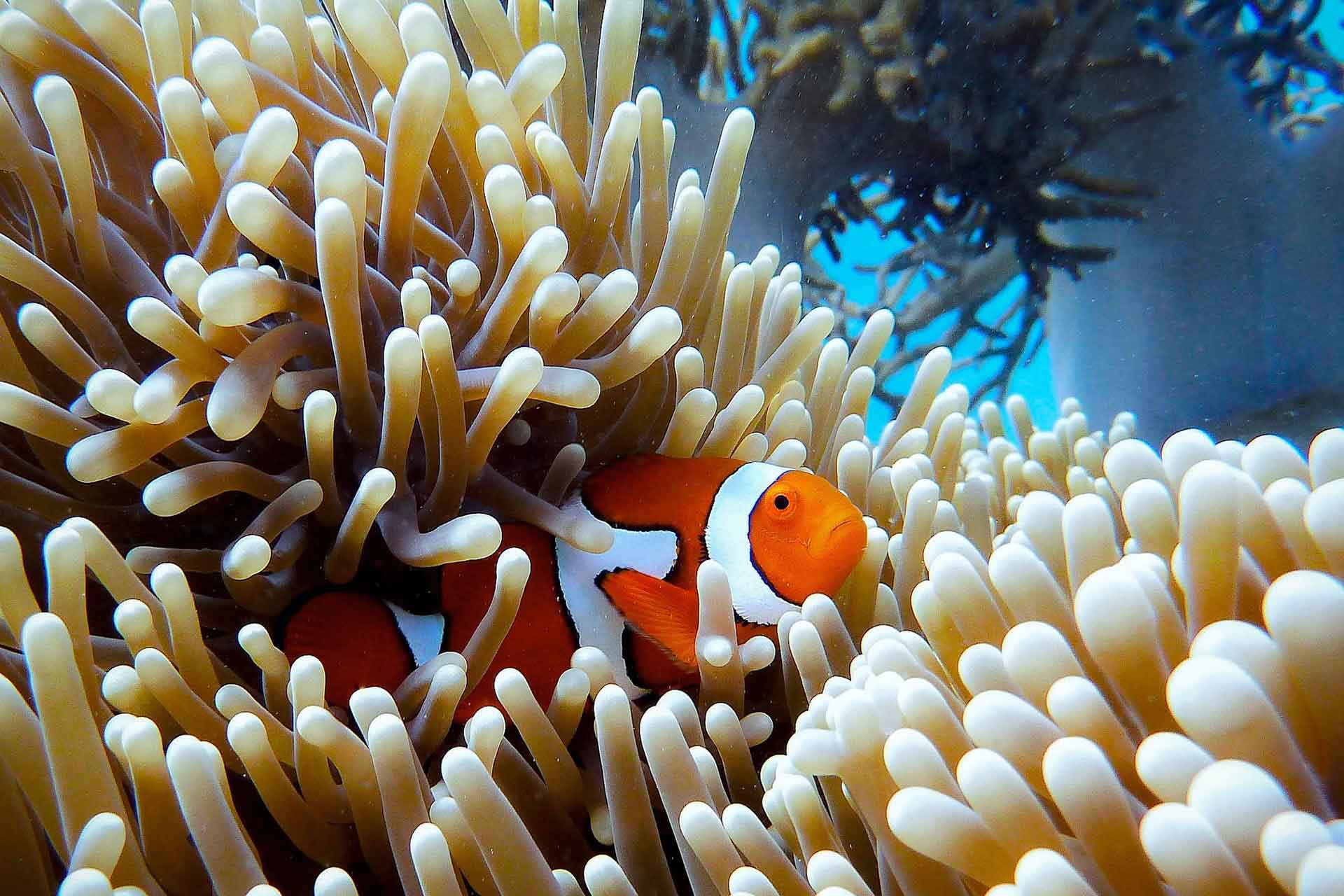
Coral reefs thrive through unique biological systems that sustain marine life. At the center of this balance are coral polyps and their feeding methods. They use both direct capture and energy sharing with microscopic organisms. These processes provide growth, survival, and ecosystem stability over long periods. To learn more about these natural cycles is to appreciate their importance.
How do coral polyps gain energy?
Coral polyps gain energy through a dual system of feeding. They capture small prey while also receiving energy from algae. This ensures constant nutrition even during scarce conditions.
Direct feeding processes of coral polyps
Polyps extend tentacles to capture microscopic prey from surrounding waters. Their stinging cells help immobilize food effectively.
- Tentacles seize plankton and transport food into digestive cavities
- Specialized cells paralyze prey for efficient consumption of nutrients
- Energy is derived from proteins found in captured organisms
- Feeding structures support survival when algae productivity decreases
- Prey availability provides additional resources during seasonal variation
- Natural capture ensures coral survival in nutrient poor conditions

Energy cycles powered by symbiotic algae
Polyps rely heavily on microscopic algae within their tissues. These algae create energy through light-based processes.
- Algae use sunlight to produce sugars shared with coral organisms
- Symbiosis ensures steady energy even when prey levels are low
- Nutrients from algae support skeletal building and long-term growth
- Algal energy drives oxygen release into surrounding marine waters
- Relationship ensures survival in shallow water reef environments
- Combined system strengthens reef resilience against natural stressors
Common questions on coral energy systems
People often ask about coral energy cycles and feeding strategies. Here are short answers to clarify their importance.
- Do coral polyps rely only on prey?
No, algae provide steady energy constantly.
- Are algae critical for coral survival?
Yes, they support growth and oxygen release.
- Do corals capture prey at night?
Many extend tentacles during dark hours.
- Are polyps able to live without algae?
Most cannot survive long without algae.
- Does feeding help reef ecosystems grow?
Yes, it provides structure and energy balance.
- Can human actions disrupt coral energy?
Pollution and warming weaken coral feeding systems.
Learning from coral energy research studies
Marine scientists encourage readers to learn more about coral feeding systems because such knowledge supports reef protection and restoration.
Path to resilient reefs
Feeding Mechanisms and Energy Cycles of Coral Polyps in Reefs highlight the delicate balance of nature. Coral polyps sustain ecosystems through capture feeding and symbiotic energy. Their processes ensure reefs remain vibrant and productive. Protecting these devices safeguards countless marine species.







